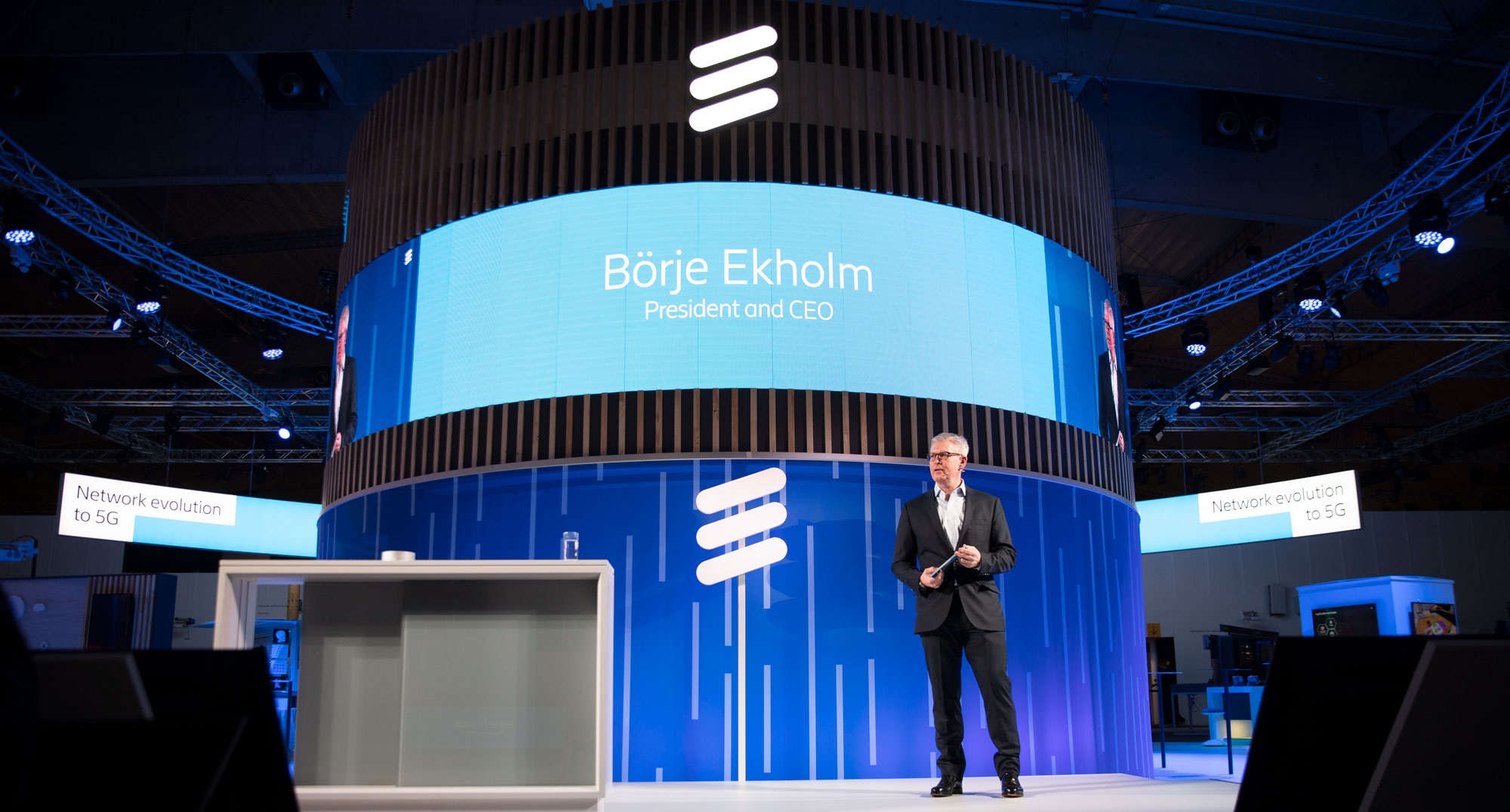Kaspersky
Lab has announced plans to open a new office in Kigali, Rwanda, to support the
rapid growth of its business in East Africa. This strategic move will provide
more room for development as well as closer proximity to new partners in the
region, allowing Kaspersky Lab to continue its expansion into the African
market.
The Kigali office will serve the requirements of the growing number of partners
and customers in the region. Kaspersky Lab’s solutions and services will be
offered to all industries and for all kinds of businesses in Rwanda and the
wider region.
Kaspersky Lab operates in almost 200 countries and territories across the
globe. The new office in Kigali will be the 36th representative
office the company has worldwide.
Kaspersky Lab moves to open office in Rwanda
May 21st, 2019 — News

Seed funding round for YaLLa Esports oversubscribed
April 10th, 2019 — News
YaLLa Esports, one of the leading esports organizations in the MENA region, has completed and secured a seed funding round from a group of strategic investors, led by super angel investor Kushal Shah.
Finnish-born, Dubai-based esports trailblazer, Klaus Kajetski founded YaLLa Esports in 2016, having been heavily involved in building the regional esports ecosystem. With 20 years of esports and gaming experience, Klaus has grown YaLLa Esports to a globally recognised team with players and staff from multiple nationalities including the United Arab Emirates, Saudi Arabia, Egypt and Tunisia, having success in international and regional esports tournaments.

YaLLa Esports will use the funding to search and develop the best talent in the region; to build great team facilities and to help with travel costs to compete on a global scale, as well as for expansion across the MENA region. The startup aims to nurture regional talent through an organised personal growth structure, championing the gaming culture and building an environment for aspiring professional gamers to flourish and make esports a viable career.

30 million 5G users forecast in the MEA by 2024
February 28th, 2019 — News
5G is expected to reach 30 million subscriptions for enhanced mobile broadband in the Middle East and Africa (MEA) by the end of 2024, representing 2% of total mobile subscriptions. This will make 5G the fastest generation of cellular technology to be rolled out on a global scale, according to the recently published MEA edition of the Ericsson Mobility Report. Read the full Ericsson Mobility Report
Key drivers for 5G deployment include increased network capacity, lower cost per gigabyte and new use case requirements. The majority of the 5G subscriptions in the MEA are expected to come from advanced ICT markets such as the GCC countries Saudi Arabia, UAE and Qatar while in Africa, considerable momentum is building up in South Africa.

Ericsson to switch on 5G globally in 2019
February 25th, 2019 — News
Ericsson President and CEO, Börje Ekholm says the company will switch on 5G globally in 2019, backed by a strong, secure and available portfolio. Addressing media and analysts as he launched Ericsson’s Mobile World Congress 2019 in Barcelona, Ekholm also stressed the role of 5G as a critical national infrastructure, and emphasized the advantages for early adopters.

Ekholm said that Ericsson has announced commercial 5G deals with 10 named service provider customers, as well as 42 memorandums of understanding. The company is already rolling out 5G networks across the globe: in the US, Europe, Asia, and Australia.

Zain Group publishes its latest thought leadership report
February 25th, 2019 — News
Zain Group, has published its annual thought leadership report, this year entitled, Social Innovation: The Fusion of the Fourth Industrial Revolution and A New Generational Mindset.
The report, which launched during the 2019 Mobile World Congress in Barcelona, provides a clear understanding of how the various forces of the Fourth Industrial Revolution and the new generational mindset foster social innovation. The report identifies the significant benefits and opportunities social innovation brings to humanity, businesses, civil society and governments. Additionally, it examines how Information and Communication Technology (ICT) can and does play a critical role in enabling a more inclusive approach to social, economic and environmental impacts, fostering positive change. Lastly, the report provides a clear understanding of the relationship between social innovation and the United Nations’ Sustainable Development Goals (SDGs) in the context of planetary boundaries and social thresholds.
The report is not printed physically, so as to reduce negative environmental impact, and instead may be viewed online or downloaded by visiting the link: https://zain.com/en/sustainability/thought-leadership-reports/



